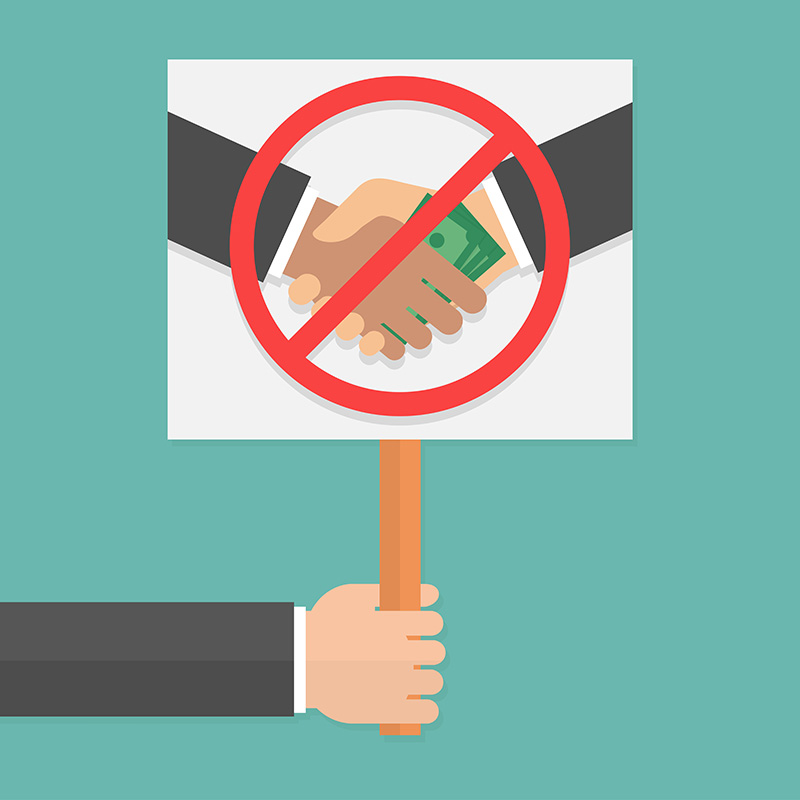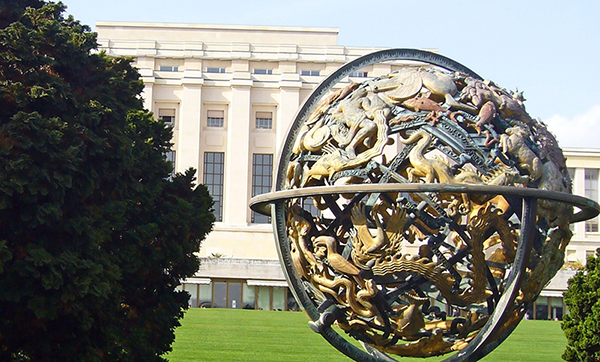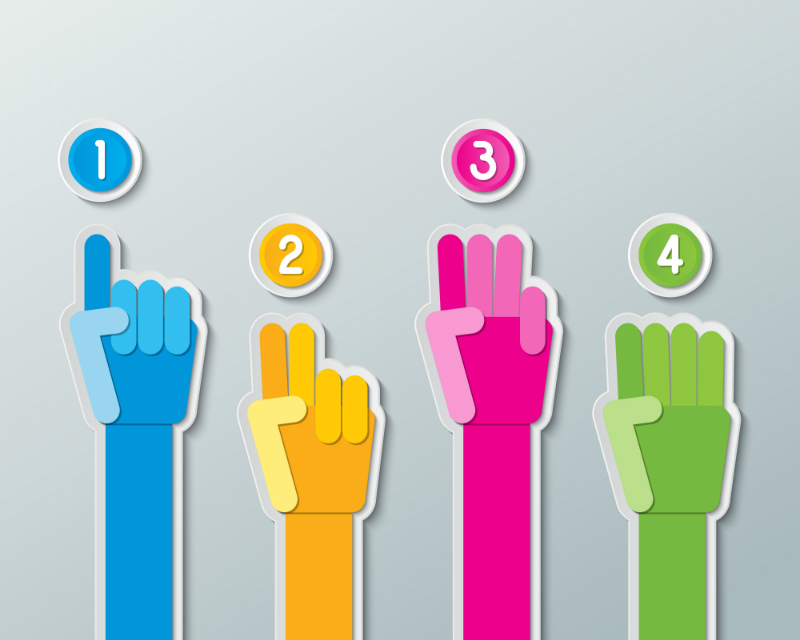Feeling stressed?
Wed 10 Oct 2018
To mark World Mental Health Day, Mazars Partner Tom Brichieri-Colombi shares his personal experience of stress in the workplace.
In June of this year, AccountancyAge published an article entitled: What we have learned about mental health at work, highlighting the results from its 2018 survey on this topic. The top two findings from the report were:
Mental health is no longer a taboo in most workplaces, but there is still more to be done
74% of survey respondents said that if leaders shared their own mental health experiences, this would make them feel so much more comfortable in talking about it themselves
To mark World Mental Health Day (WMHD) 2018, I’d therefore like to share with you some personal reflections on this topic. You won’t find another post on this topic in a Mazars blog, but to help change attitudes, someone has to go first…
Since 1992 World Mental Health Day has been marked on 10 October. Rather surprisingly, given that my mum had for many years worked for the mental health charity, MIND, the first time I became aware of this fact was on 10th October 2017. I was sitting on the sofa on that Tuesday watching breakfast TV when Harry Judd popped up to talk about his mental health issues (and to sell his book, “Get Fit, Get Happy“), part of the BBC’s feature on WMHD.
I’m not usually a fan of daytime TV, but this was not a usual day. I had just returned from seeing my doctor who had signed me off work for stress: this was the start of five weeks away from the office.
My experience of stress at work
As a partner in an accounting firm, one is expected to work hard, and I am not one to hold back from putting in the hours. The run up to last October had been particularly tough, as I had been in the midst of an international team merger. It was an exciting time, but one filled with new challenges across people, technology, processes, clients and projects; with team members based in the UK, India, Australia and the US: someone, somewhere was always working, and wanting to be in touch. I had found my stress levels rising, sleeping hours decreasing, and weight increasing. I ignored pleas from my family to take my foot off the gas, until I met the straw that broke the camel’s back: my youngest son’s 8th birthday (those who are parents will know that these can be stressful occasions!).
Like many professionals, “admitting defeat” (AKA taking a break from work) is not an easy thing to do, as we are aware of the pressure that this will pile on to colleagues as well as the potential impact on clients. But on this occasion, I just felt totally mentally and physical exhausted, and unable to cope with the small things in life, let alone decisions at work. I also felt like I’d failed at my job.
What helped me
Having concluded that there was no way I could go into work the next day, I found I was fortunate to immediately get the full support of both my business unit leader, and senior colleagues in the business. In fact, it turned out that others had experienced the same issues in their careers, and were open in sharing this with me. As a consequence, I received strict instructions to turn off my phone and for my laptop to stay closed. It was extremely helpful to have someone in a senior position who could empathise with what I was going through, and also to allow me to see that it was possible to come through the other side and continue to build a successful career.
It was a tough time, learning to stop. During my absence I initially did a bit of sorting myself out: dry cleaning, dentist, medical, etc, but over the weeks also took some more meaningful steps, including signing up with a personal trainer. I caught up with some ex, and current colleagues and had some good conversations. Importantly, my time at home also helped me reconnect with my family – including taking on the school run, cooking dinner, and being generally more awake and ‘present’.
I received a number of kind messages from team members, and these we gratefully received.
After a few weeks I met up with both my managing partner and our national senior partner to discuss role changes and also explore what sort of professional help would be available to me. I was fortunate that the firm agreed to provide a series of counselling sessions focussed on Acceptance and Commitment Therapy (ACT), which incorporates mindfulness. These sessions are continuing, and have allowed be to rethink how I structure my working and professional life.
After five weeks at home, which seemed like an age, I undertook a phased return to work. It was full time, but with different responsibilities, and a set day each week to work from home. If I’m honest, we could have done this return in a better way, but a lack of experience (all round) meant that we were learning as we went. I decided to be open with the wider team about my so sent an email to let them know why I had been away and how I would be coming back.
What I learned
Reflecting on my ‘time out’, there are a number of lessons that I have learned. First, if you ignore your mental (and physical) health, things will not go well for you. Neither your clients, or your team are served well by you if you run yourself into the ground. This might seem obvious, but when you’re caught up in an ever-increasing whirlwind of deadlines and problems, then things are a little less clear!
Second, you are not alone. More people that you might think are facing a tough mental battle. A recent study by Business in the Community found that 61% of employees have experiences mental health issues due to work, or where work was a related factor. Knowing this can make it easier to ask for help, either from work, or from outside (see below for some useful resources). My advice is to have a conversation at an early stage, rather than letting issues build up, and then potentially blow up.
I have also noted that my absence had had a significant impact on a number of people at work. I am very firmly ‘Generation X’, and many who are younger than me took quite a long hard look at my experience and asked the question: ‘if this is what happens to partners, do I want to work hard to become one?’. Therefore I’m now conscious that, as a partner in the business I not only need to ensure that I look after the mental and physical health of our team members, but also must show by example that you can also remain mentally and physically healthy whilst being a partner.
As I said in my ‘return to work’ email:
“Although it has been far from pleasant to go through this process, it has been quite a learning experience for me, and hopefully I’ll be better for it. It has certainly taught me to know my limits and think more about balance in my life. I would therefore encourage anyone who feels that they may be in a similar position to the one I was in to discuss this early, either with their line manager, HR rep, or with me.”
It’s not been easy to share this personal account, but I’ve done it as I firmly believe that it can help others who may be finding things tough.
Guidance for partners who may be experiencing ‘burn out’ can be found on the AccountancyAge website here
Other resources include Chartered Accountants Benevolent Association (CABA) and the Samaritans.
 Tom Brichieri-Colombi is a partner in our Global Infrastructure Finance Team, based in London.
Tom Brichieri-Colombi is a partner in our Global Infrastructure Finance Team, based in London.






